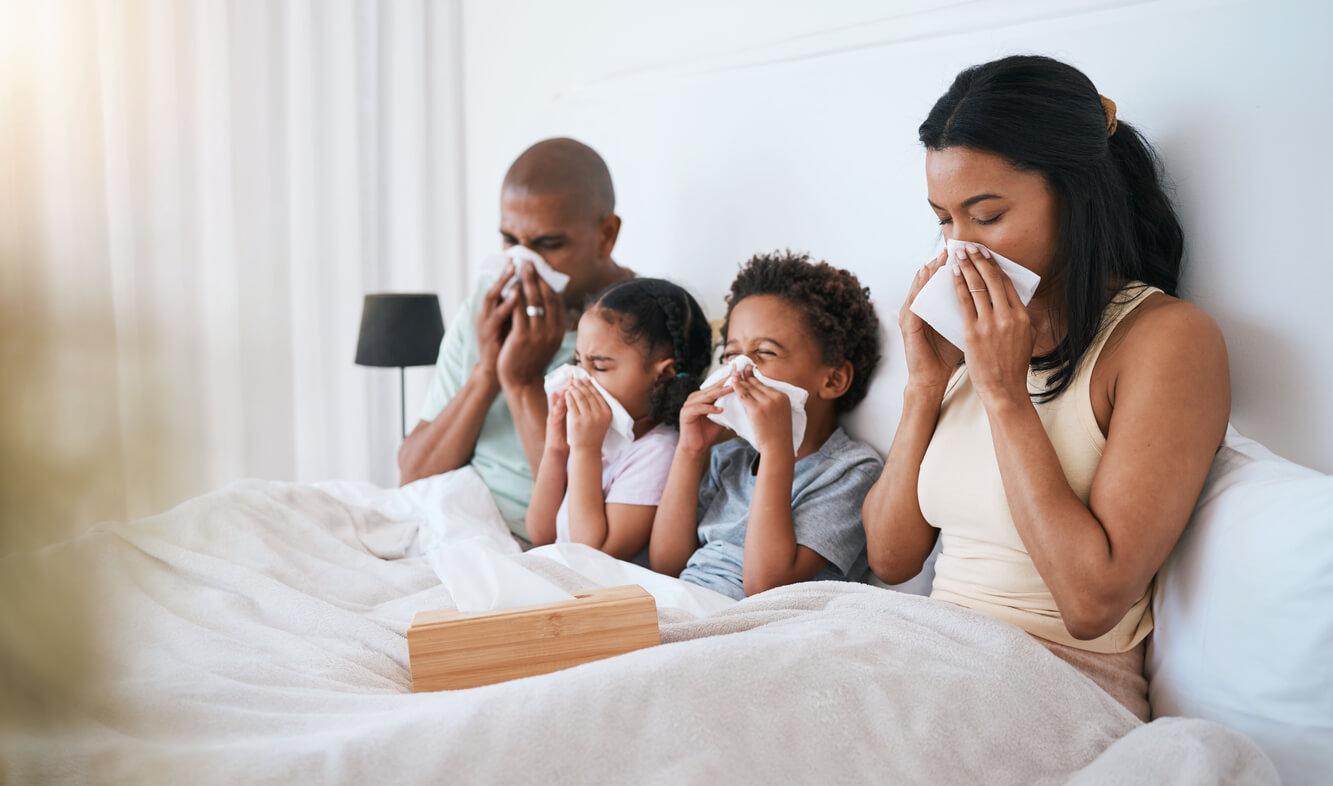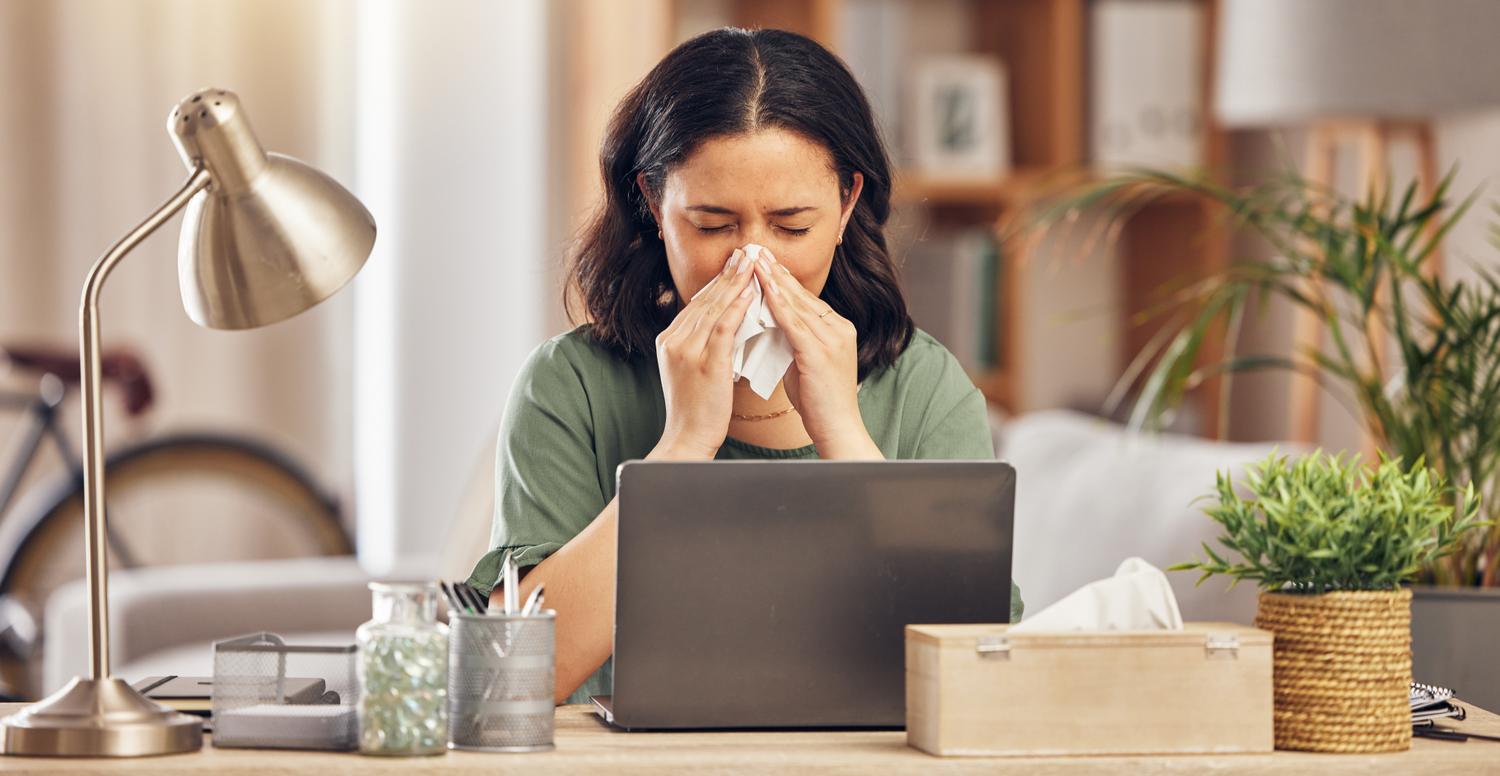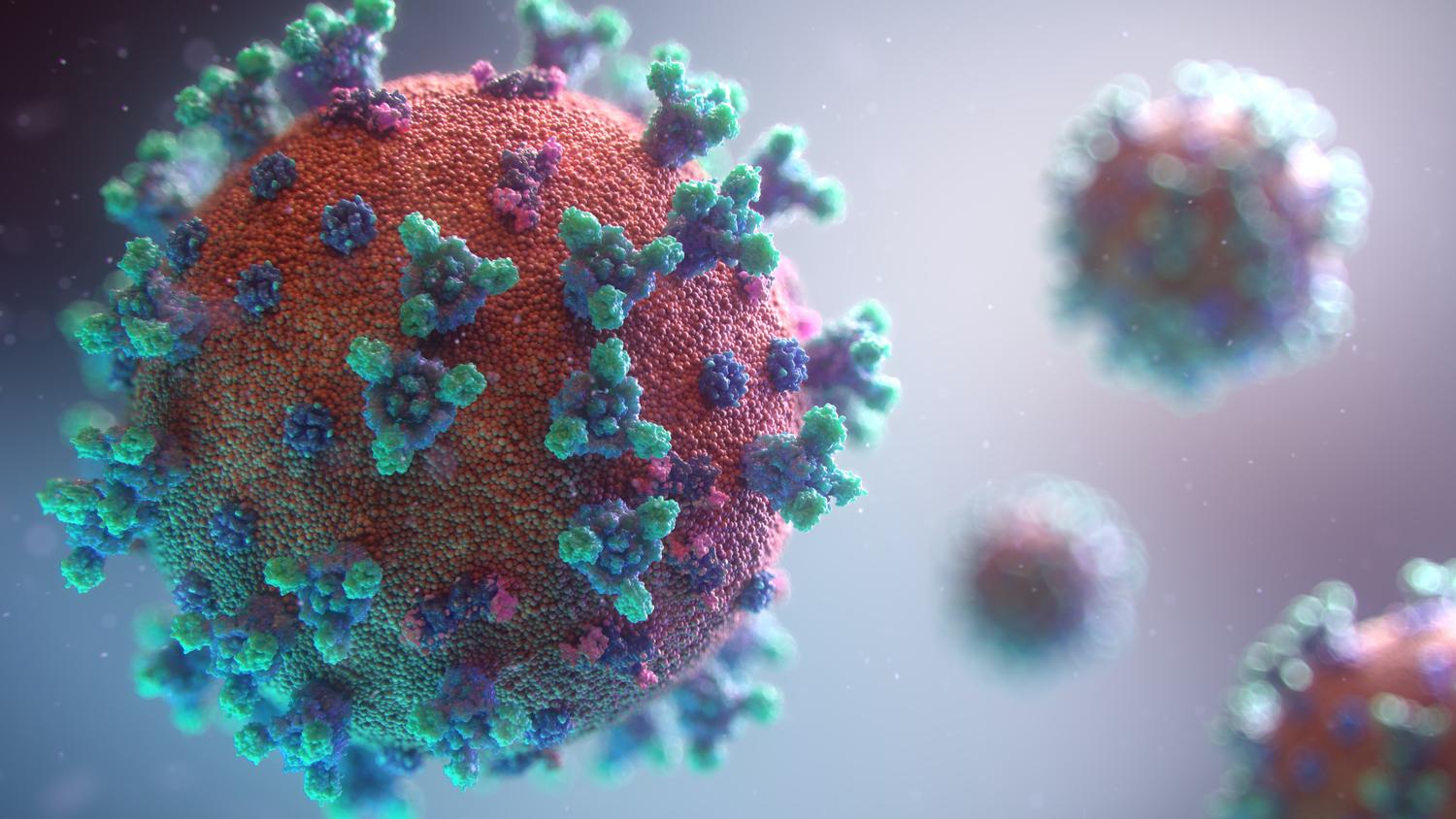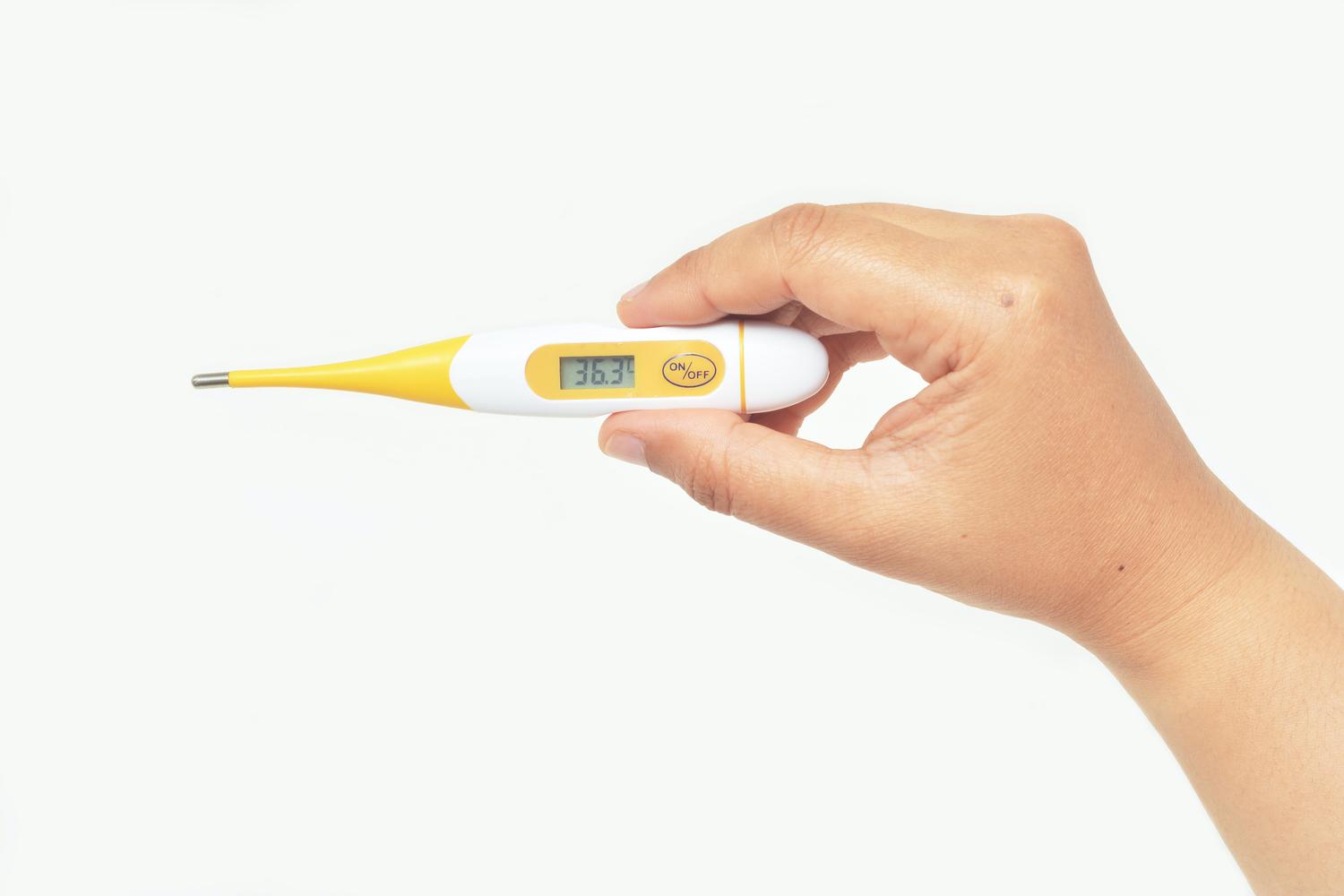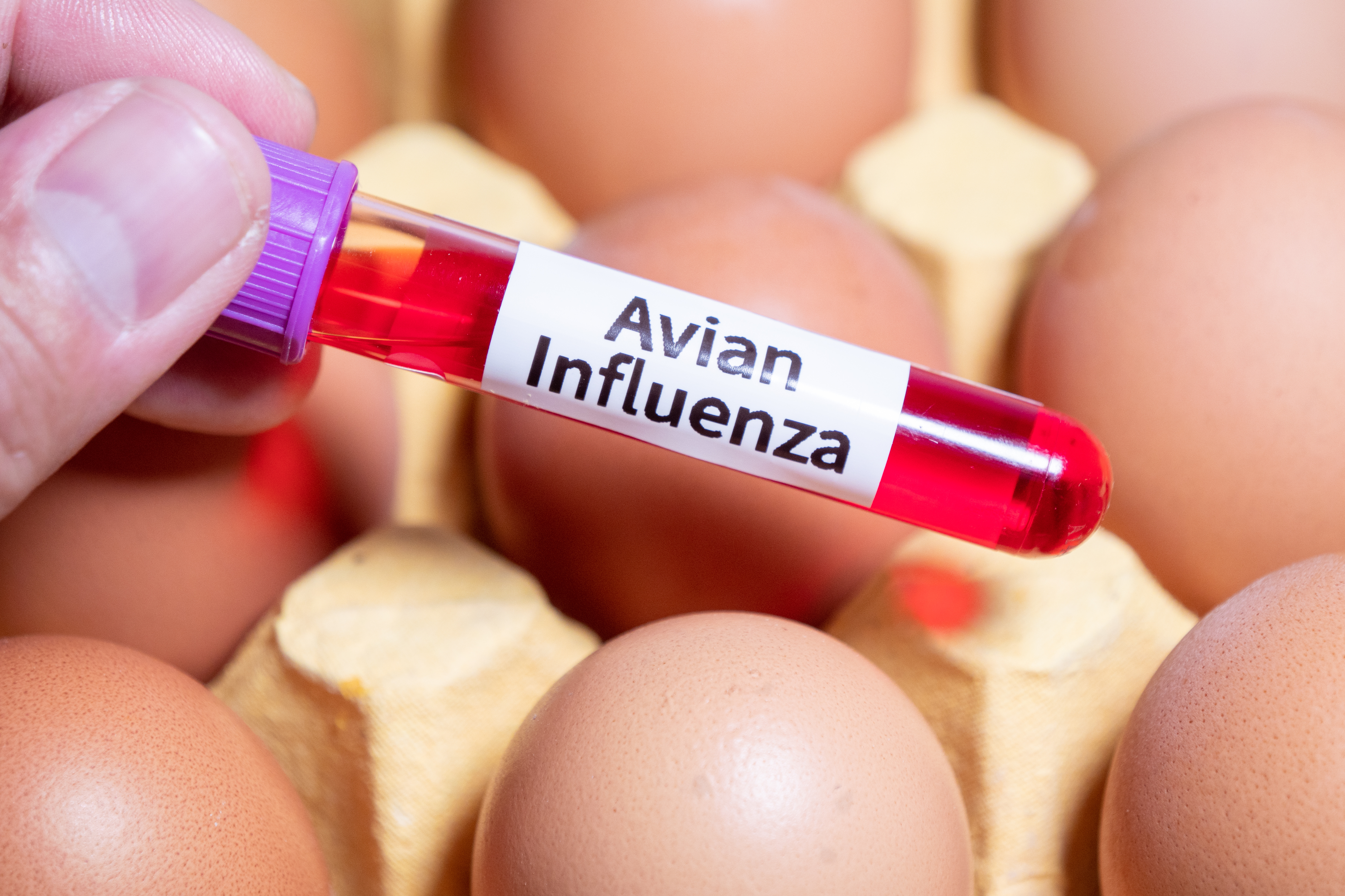Flu vs COVID: Symptoms and Treatment
Key takeaways
- The flu and COVID-19 are caused by different viruses, but they share many of the same symptoms, like fever, cough, fatigue, and body aches
- Flu symptoms usually set in quickly after exposure (1-3 days) and can last up to a week, while COVID-19 symptoms can take longer to appear (2-19 days) and can persist for 10 days or more
- Vaccines, antiviral medications, and self-care strategies like rest and hydration can help with prevention and recovery from the flu and COVID-19
The flu and COVID-19 are both types of respiratory infections. They become more prevalent between October and May and usually peak between December to February. These infections are caused by different viruses: the flu is a result of the influenza virus, while COVID-19 is caused by the SARS-CoV-2 coronavirus. These illnesses can also vary in terms of how long they last, and how they're treated.
However, the flu and COVID-19 share many of the same symptoms, so it can be tricky to tell the two apart. Let's explore the main differences between these illnesses, along with a symptoms checker and treatment options so that you can keep yourself as healthy as possible.
How to tell if you have the flu or COVID-19
The flu and COVID-19 can have similar symptoms, including fever or chills, headaches, cough, sore throat, fatigue, body aches, and a runny or stuffy nose. These similarities can make it hard to tell between the two conditions.
However, there are a handful of differences that are unique to each condition:
- Symptom onset: It can take between 2 to 19 days for COVID-19 symptoms to appear. Flu symptoms hit fast and tend to develop between 1-3 days after exposure to the virus.
- Loss of taste and smell: Loss of taste and smell is almost never seen in flu patients. But it was reported by about 60% of COVID-19 patients in 2021.
- Duration of illness: For most people, flu symptoms last from 3-7 days, and they may feel tired or slightly under the weather for another week or so. On the other hand, COVID-19 symptoms tend to last for about 10 days. Some people report that their symptoms persist for months, a condition referred to as long COVID. A 2024 study found that around 7% of Americans had experienced long COVID.
You can compare COVID-19 and flu symptoms in the chart below:
| Symptom | Flu | COVID-19 |
|---|---|---|
| Symptom onset | Rapid | Gradual |
| Body and muscle aches | Common | Common |
| Chest pain or discomfort | Common | Common |
| Chills | Common | Common |
| Cough | Common | Common |
| Headache | Common | Common |
| Fever above 100°F | Common, can last 3-4 days | Sometimes, can last 2-7 days |
| Loss of taste | Rare | Common |
| Loss of smell | Rare | Common |
| Runny nose | Sometimes | Common |
| Shortness of breath or difficulty breathing | Sometimes | Common |
| Sore throat | Sometimes | Common |
| Tiredness | Common | Common |
The best way to tell if you have the flu or COVID is to get tested at the doctor’s office, a local pharmacy, or an urgent care clinic. You can also purchase COVID-19 rapid tests at most pharmacies.
Flu and COVID-19 complications
Even though flu symptoms are typically mild, some people face a higher risk of flu-related complications. This high-risk group includes older adults, individuals with weakened immune systems, children, and those with underlying medical conditions. These people are more likely to experience severe illness or complications like pneumonia due to the flu.
Symptoms of COVID-19 can range from mild to severe. Some people experience symptoms akin to a common cold. Others experience trouble breathing and an intense fever, which can result in hospitalization.
People at higher risk for severe COVID-19 infections include:
- Adults older than 65 years of age
- Individuals with diabetes or obesity
- Individuals with a history of lung problems, including asthma
- Individuals with a history of heart disease
- Individuals with liver or kidney disease
- Individuals with weakened immune systems
- Individuals with Down syndrome
It's important to note that while severe complications are possible, most individuals recover without experiencing these severe outcomes. A COVID-19 immunization can also help reduce the risk of complications caused by the disease.
Treatment options for COVID-19 and the flu
For less severe flu and COVID-19 cases, simple self-care strategies can help alleviate symptoms and help your body to recover more quickly. Options include:
- Over-the-counter (OTC) pain relievers: Acetaminophen and ibuprofen can help relieve symptoms like muscle aches and fevers. Do not give aspirin to children under 16, as it has been known to cause a rare but possibly lethal disease, Reyes syndrome.
- OTC cough suppressants: Cough drops and lozenges can help with symptoms like sore throat and cough.
- Fluids: Get plenty of water, hot teas and broths to prevent dehydration.
- Rest: Avoid strenuous activities and aim for at least 7-9 hours of sleep at night to help your body fight the infection and recover properly. Stay home to maintain your energy and prevent the spread of the virus.
- Humidifiers: Humidifiers can maintain comfortable humidity levels in your room and ease respiratory symptoms like dry, hacking coughs.
- Symptom monitoring: Keep an eye on your symptoms and seek medical attention if they worsen or you have difficulty breathing.
If you are at higher risk for COVID-19 or the flu, or if you’re experiencing severe symptoms, your health care provider may prescribe antiviral medication to hasten recovery and prevent complications. Antiviral drugs are most effective if they’re taken as soon as you start to experience the first signs of COVID or the flu.
Antiviral medications used to treat the flu include:
- Oseltamivir (Tamiflu)
- Baloxavir (Xofluza)
- Zanamivir (Relenza)
Antiviral medications used to treat COVID include:
- Nirmatrelvir and ritonavir (Paxlovid)
- Molnupiravir (Lagevrio)
- Remdisivir (Veklury)
Always consult a healthcare provider for personalized guidance, especially if your symptoms are severe or you have underlying health conditions that may require specific medical attention.
Prevention measures for the flu and COVID-19
To protect yourself and your loved ones against the flu and COVID-19, the measures below can significantly reduce your risk of contracting and spreading both the influenza virus and SARS-CoV-2.
- Get vaccinated: Stay up to date on your flu shots and COVID-19 vaccines
- Wash your hands frequently: Use soap and warm water for at least 20 seconds, and use an alcohol-based hand sanitizer when soap and water are unavailable.
- Cover your mouth and nose: Use a tissue or elbow when coughing or sneezing.
- Avoid close contact with sick people: Stay away from infected individuals when possible.
- Wear a face mask: Wear a mask in crowded or indoor settings, especially if you're at higher risk.
- Avoid touching your face: Refrain from touching your eyes, nose, and mouth with unwashed hands.
- Isolate when you’re sick: If you're sick, stay home and avoid close contact with others to prevent spreading the flu or COVID. If you’ve tested positive for a respiratory infection, the CDC recommends self-isolating until you have been fever-free for at least 24 hours without the help of fever-reducing medications, or have seen symptom improvement for at least 24 hours.
- Stay hydrated and nourished: Maintain a healthy diet and drink plenty of water to support your immune system.
- Get enough sleep: Restorative sleep can help to bolster your body's defenses.
- Take travel precautions: Be cautious when traveling, especially during flu or COVID outbreaks, and follow recommended guidelines.
How Sesame can help
Feeling under the weather and not sure if it’s related to COVID-19 or the flu?
A doctor on Sesame can help, even if you don’t know what’s causing your symptoms! Just book a same-day online flu visit or an online COVID-19 visit on Sesame.
No matter which type of visit you book, your provider can help diagnose your condition on a live video call and find the right treatment for your COVID-19 or flu symptoms. If appropriate, they can prescribe medication for same-day pharmacy pickup and help you get back on the path to wellness.

